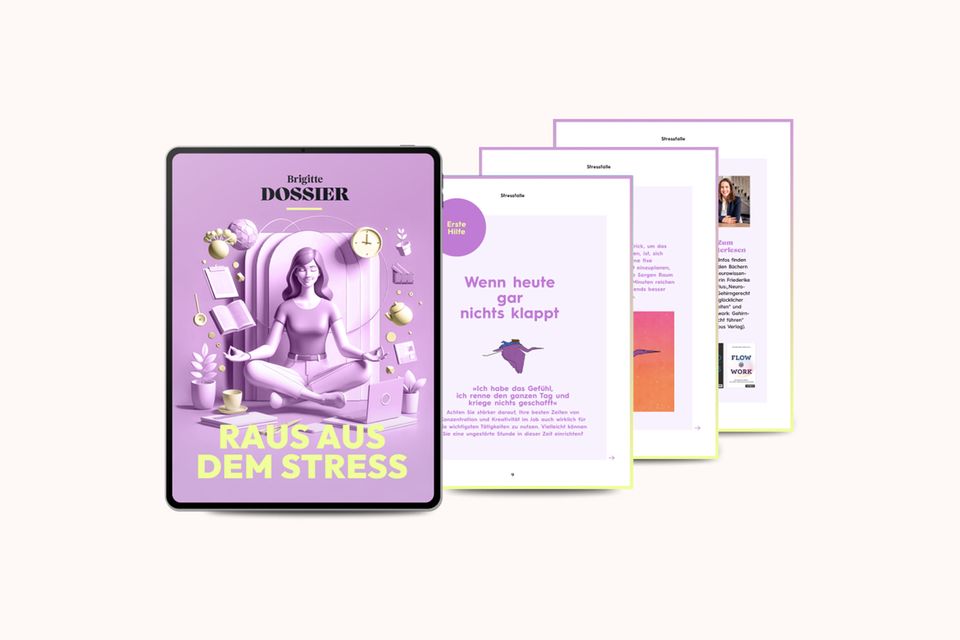Emotional Bypassing: How to Recognize That You Are Avoiding Your Feelings

In difficult situations, there's a fine line between allowing and processing negative feelings or simply avoiding them. The latter is called emotional bypassing.
"You have to think positively, then everything will fall into place" – these and similar sayings are known as toxic positivity . Instead of allowing negative feelings to exist and thus being able to process and ultimately overcome them, we're supposed to see everything in a rosy light. The fact that this doesn't help us much in the long run, but rather makes things even more difficult, is a truth many "good vibes only" advocates refuse to acknowledge. Because if we suppress feelings, they're very likely to resurface at the most inopportune time.
The tendency to avoid acknowledging and processing one's own feelings, especially negative ones, and instead preferring to circumvent them is called "emotional bypassing," as "Psychology Today" describes it. The line between healthy optimism and this avoidance of difficult emotions is often thin. Of course, we don't want to, and shouldn't, wallow in fear, anger, or sadness without ever finding a way out. But that's precisely the problem: We usually have to go through the feelings first before we can leave them behind.
These signs suggest that you tend to avoid unpleasant emotions rather than feel and process them.
3 Warning Signs of Emotional Bypassing 1. You constantly distract yourselfOf course, it's okay to do something nice for yourself when you're feeling down. Watching your favorite show, going out partying with a friend, or exercising, for example. It becomes problematic when you immediately resort to some kind of antidote for every negative feeling. Ultimately, emotions like fear or sadness don't simply disappear if we don't deal with them. Perhaps you can find a way to pause in difficult situations and take time to acknowledge your feelings before resorting to coping strategies.
2. You don't feel connectedIf we fail to truly feel our emotions and allow them to be present, we automatically build a wall. This wall can prevent us from feeling connected—both with ourselves and with others. If we prefer to push away our unpleasant feelings rather than deal with them, the same can easily happen with our positive ones. We may then appear cold and distant, and those around us may find it difficult to connect with us. This can lead to us feeling isolated.

Are you looking for routines that help you unwind? Do you want to finally get a good night's sleep? Learn how to calmly handle stressful periods.
Another typical coping strategy is rationalizing difficult feelings. This could happen after a breakup, for example. Your partner unexpectedly left you, and instead of allowing yourself to feel sadness, despair, anger, and perhaps even incomprehension, you try to sugarcoat the situation: He wasn't right for you anyway, you can finally go on the trips you enjoy, and so on. In principle, it can of course help to find small glimmers of hope in a difficult situation that make it easier for you to cope. But this often happens at the expense of feeling the actual emotions. And unfortunately, we have to do that if we really want to process what we've experienced.
Do you feel like you're struggling to acknowledge your emotions and process them in a healthy way? Talk to your doctor or therapist. Together, you'll surely find strategies for dealing with your feelings in a healthy way.
mbl Brigitte
brigitte





